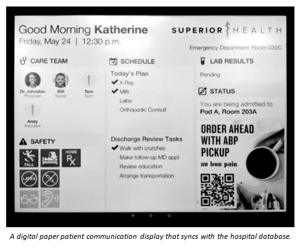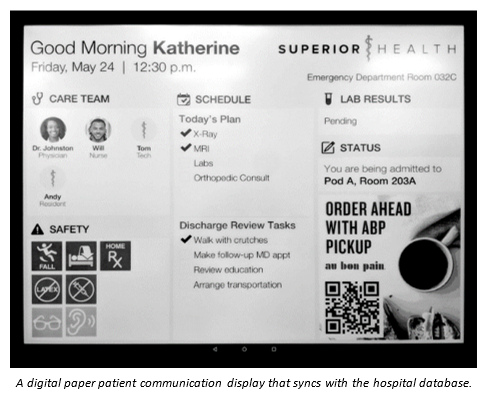How many times have you heard the sentiment “information overload”? With the dawn of the internet, it was a widely expressed concern – that living in a time of noise and endless information at our fingertips would overload us; make us less human.
This sentiment is even older than you might think, dating back to the invention of the Gutenberg printing press in 1440. The printing press enabled, what seemed at the time to be an endless stream of books, sparking philosopher Erasmus to express, “Is there anywhere on earth exempt from these swarms of new books? Even if, taken out one at a time, they offered something worth knowing, the very mass of them would be an impediment to learning from satiety if nothing else.”
You might be surprised to hear then, that through all of this information – we’re not feeling overwhelmed. According to the Pew Research Center, the number of Americans who report feeling “information overload” actually dropped by seven percent in the decade between 2006 to 2016, from 27 percent to 20 percent. Even as the amount of information in the world grows and expands, there has been a drop in the feeling of being overloaded.
As humans, we have adapted – and designed our technology to do the same. The same Pew study reported that people “who own more devices are also the ones who feel more on top of the data and media flows in their lives.”
Technology makes this adaptation possible; it enables us to filter through the noise and access what we need at the right time. In that way, the proliferation of the Intelligence of Things will enable deeper connections between people. For example, instead of nurses needing to waste their precious time updating hospital whiteboards by hand, digital signage syncs information from the hospital database automatically, so caregivers can spend more time at the bedside actually caring for patients – being more human and allowing technology to filter information. 
Look at the retail world and the addition of the now-ubiquitous self-checkout. That technology freed up staff from the repetitive task of scanning barcodes and brought them out on the floor, helping customers find what they need.
Connectedness is now becoming more than just the availability of data and information. Because of the technological capability to present that data at the right time, we’re living in a time where technology is real knowledge. Technology like artificial intelligence or machine learning transcends the idea of information transfer, to creating real-time knowledge.
Yes, we live in a time where there’s more information than ever. But technology is our filter, cutting through the noise to leave us to what we do best: connections.


Leave Comment